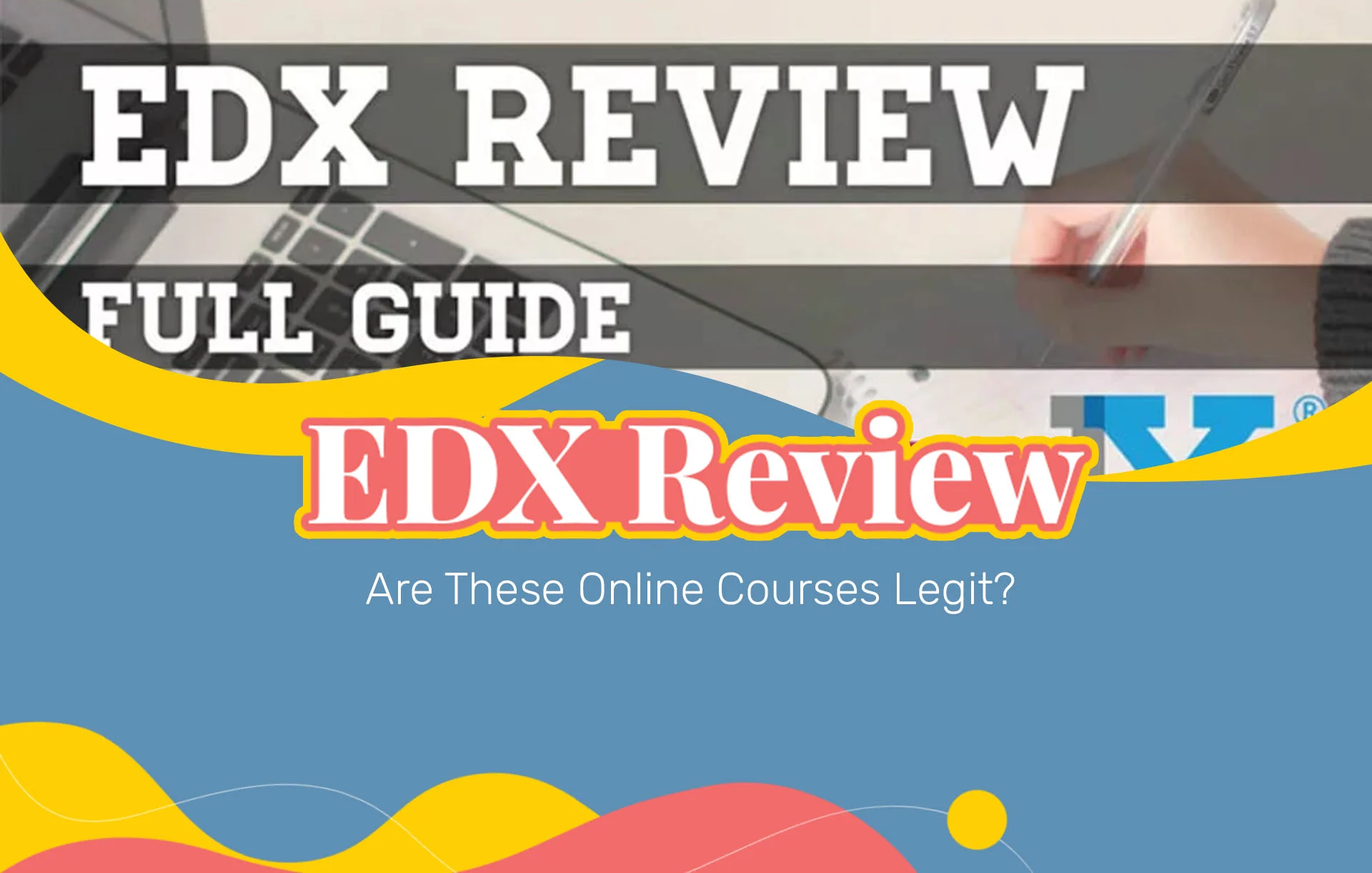Along with other online learning platforms such as Coursera and FutureLearn, edX has evolved significantly over time. Initially focused on short, individual MOOCs (Massive Open Online Courses), edX has expanded to include a wide variety of educational choices.
At the bottom line are casual short courses (which you can study for FREE), while there are comprehensive multi-year Master’s degrees at the other end.
We’re going to review EDX to decide if it really is the best online training platform out there.
We’ll talk about whether providing online training is the right business for you.
Now, I want to be completely honest here, so…
DISCLAIMER:
This EDX review has been thoroughly researched with information and testimonials that are available online to anyone in the public. Any conclusions drawn by myself are opinions.
At the end, I’ll answer some of the most frequently asked questions regarding EDX and online education in general.
And most important, We’ll show you the exact system we used to build our own internet marketing business to over $40,000 a month in mostly passive income.
This system made us swear off online courses for good, because it uses some of the same skills in a much more powerful and profitable way!
What is edX?

edX is a global not-for-profit organization dedicated to offering high-quality education. Its training website, which features an extensive selection of online courses (MOOCs) like business, computer science fundamentals, design, and engineering. edX offers these courses in collaboration with well-known organizations and over 160 universities. Numerous courses are free to study, with the option to pay for graded examinations and an official ID-verified certificate.
edX offers a variety of training alternatives, including individual courses on a variety of topics, certification programs covering a variety of complementary skills, and a fully online Master’s degree.
Is edX Safe to Use?
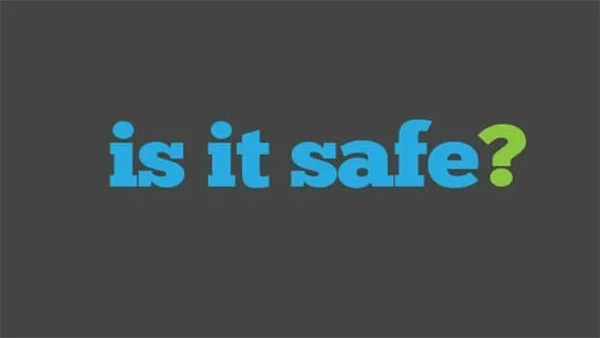
Yes, in a nutshell. It is a respected non-profit organization that has assisted millions of people in enhancing their knowledge through online courses.
If you read user comments, you may notice certain complaints. Generally, they are the result of the user not thoroughly reading the course information.
The majority of complaints concern self-paced courses that have been archived. As a result, they were not active in discussion forums, provided teacher help, or offered professional education courses. Other individuals expressed their dissatisfaction because they believed the online free courses were and included a certificate. You can audit the majority of courses for free, but you will not receive a certification!
edX’s customer service may be improved, however. Thus, students can better understand the programs and resolve concerns without resorting to negative reviews.
edX is not a scam, and they also take care to safeguard the security of your verification information. They verify with a third-party partner, photographs are encrypted, and edX does not examine the images. Once the photos have been confirmed, they are destroyed.
Are edX Certificates Worth it?

edX certificates are absolutely worth it. Although most courses on edX can be taken for free, earning a certificate is a good way to show employers and educational institutions that you’re serious about your career or your education
Are edX courses really free?
Yes, but only if the deadline for upgrading has not expired. On the course homepage, under Important Dates, you’ll see the Verification Upgrade Deadline.
Once the upgrade deadline has gone, you will be unable to retake the course and earn the certificate. This deadline usually is close to the course’s completion date for self-paced courses, while it is often quite early in instructor-paced courses.
edX Pricing: Is edX Worth the Cost?

edX provides a variety of courses and credentials at a range of price points. Numerous edX courses are free to study. To acquire an official course certificate (which you may also connect to your LinkedIn profile), you must join the verified track, which requires a charge.
The following are some sample costs for various edX training options:
- Individual courses. Frequently free to learn, but need the payment for an official assessment and validated certificate. The complimentary option is referred to as “auditing” a course. Taking the certified track typically costs between $49 and $125.
- MicroBachelors degrees: These undergraduate programs cost approximately $166 per credit hour.
- MicroMasters programs: These multi-course graduate-level learning courses may be applied toward a Master’s degree, lowering the total cost of the Master’s degree. Prices vary considerably, but the most are between $540 and $1500.
- Professional certificate programs: These programs range in price from less than $100 to about $3,000 each year. Whether they are worthwhile depends entirely on your circumstances. While the IBM and W3C endorsements offer credibility to the program, a professional degree does not increase job success.
- X-Series courses: Generally, these online courses cost between $150 and $500.
- Online Master’s degrees: Most degrees offered online are priced around $10,000, with a few exceeding $25,000. While this is a huge amount of money, it is accessible for a full Master’s degree from a prestigious university.
- The online Executive Education courses range in price from $1000 to $3,600.
Financial Assistance for Students
A review of edX’s pricing would be incomplete without mentioning their quite extensive financial help program for students.
Although most courses are free to audit, edX recognizes that completing an online course without earning a degree is unlikely to improve students’ career prospects. As a result, they provide financial aid to students who are unable to pay the entire amount.
Students must first enroll in an audit course and then apply for financial aid. If the edX team approves your application, you will receive a voucher good for up to 90% off the usual course fee. Enter the promo code when requesting to switch to the verified track.
Financial assistance is offered for MicroMasters, MicroBachelors, XSeries, and Professional Certificate Program courses. However, you must request support separately for each course.
Are edX courses any good?
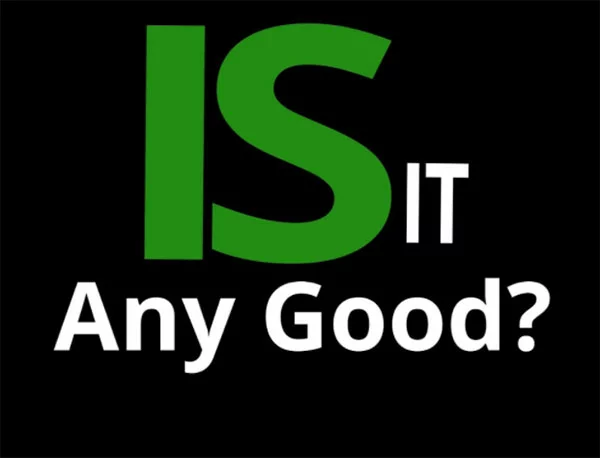
edX is unquestionably beneficial if you select the appropriate course and devote the requisite amount of time to it.
Having completed many courses on edX, spanning from cybersecurity to psychology, I can say that I’ve liked my time on the platform and learned a great deal. The quality of courses varies slightly.
Unsurprisingly, the more prestigious the university produces the course, the higher the production values and content. This has a significant impact on how much you feel you gained from the course at the conclusion.
For instance, I took a Berkeley “Science of Happiness” course in 2014 and recalled vividly some of the course content and lessons acquired. Meanwhile, the Criminal Justice course I took a year later taught me little more than that criminal justice is not nearly as fascinating or engaging as I imagined! (Had that been my sole course prior to writing an edX review, I might have been less enthusiastic!)
Two critical points, in my opinion, emerge from this:
- Ascertain that you study something you are passionate about – it makes all the difference.
- Ideally, choose from courses offered by reputable companies and institutions – as they are typically the best.
Pros and Cons of edX
Pros

- Its affiliation with eminent colleges. The truth is that when it comes to a college education, the name matters. Oftentimes, prestigious institutions can attract the best faculty and students. Even if they are not the greatest in their field, having a credential from a prestigious university such as Harvard or MIT looks extremely nice on a résumé.
- A vast array of courses. Ironically, while the options may appear limited compared to some other e-learning platforms, you are unlikely to find such a diverse selection of top-notch offers in a traditional brick-and-mortar university.
- IBM, Microsoft, and others offer certification programs. Along with the more academic courses from colleges, edX offers a variety of business certifications from some of the industry’s leading businesses.
- Course materials of (relatively) excellent quality. edX has partnered with some of the greatest to provide high-quality education.
- Pricing transparency. Hopefully, this will continue to be the case under 2U. Pricing on e-learning systems is frequently perplexing, and edX has done an admirable job of keeping it simple and transparent up to this point.
- Options for free course auditing. This is ideal if you are interested to learn from the best but lack the funds or the requirement for a diploma. Consider the reaction of someone 30 years ago if they were told they could learn for free from a Harvard University professor. Occasionally, the abundance of opportunities available to us nowadays causes us to underestimate their true value.
- App for on-the-go learning. While this is becoming more of a standard in the industry, it is still a great deal.
Cons

- The user interface can be daunting. Even while edX has attempted to improve the site’s usability, it can still feel a little overwhelming for some. In this regard, it is preferable to approach edX as you would a brick-and-mortar university, with the expectation of obtaining a large amount of information and being required to jump through some hoops to complete your course.
- There is no rating system for courses. This is likely the most significant disadvantage of edX. For prospective students, course ratings and student reviews are highly beneficial. I’m guessing the lack of this function is because university student reviews are confidential and utilized for internal purposes only. There are, however, numerous online sites where students can rate their brick-and-mortar university professors and courses. Hopefully, 2U will rectify this, as an integrated rating system would significantly benefit edX users.
- Some courses are less fascinating than others. Finally, institutions and corporations are accountable for the quality of the courses they offer. Nevertheless, there are practically no duds because of the care edX has developed relationships with colleges and industries.
Can You Make Money With edX?
You can certainly make money with online courses, but if you’re gonna put in the amount of grueling work to become an online course provider (which, trust us, isn’t easy), you might as well bring in some REAL money.
The program that helped skyrocket our online business to $40,000+ per month teaches some of the same online teaching skills but shows you how to monetize them in a much, MUCH more profitable way.
Is edX A Scam?
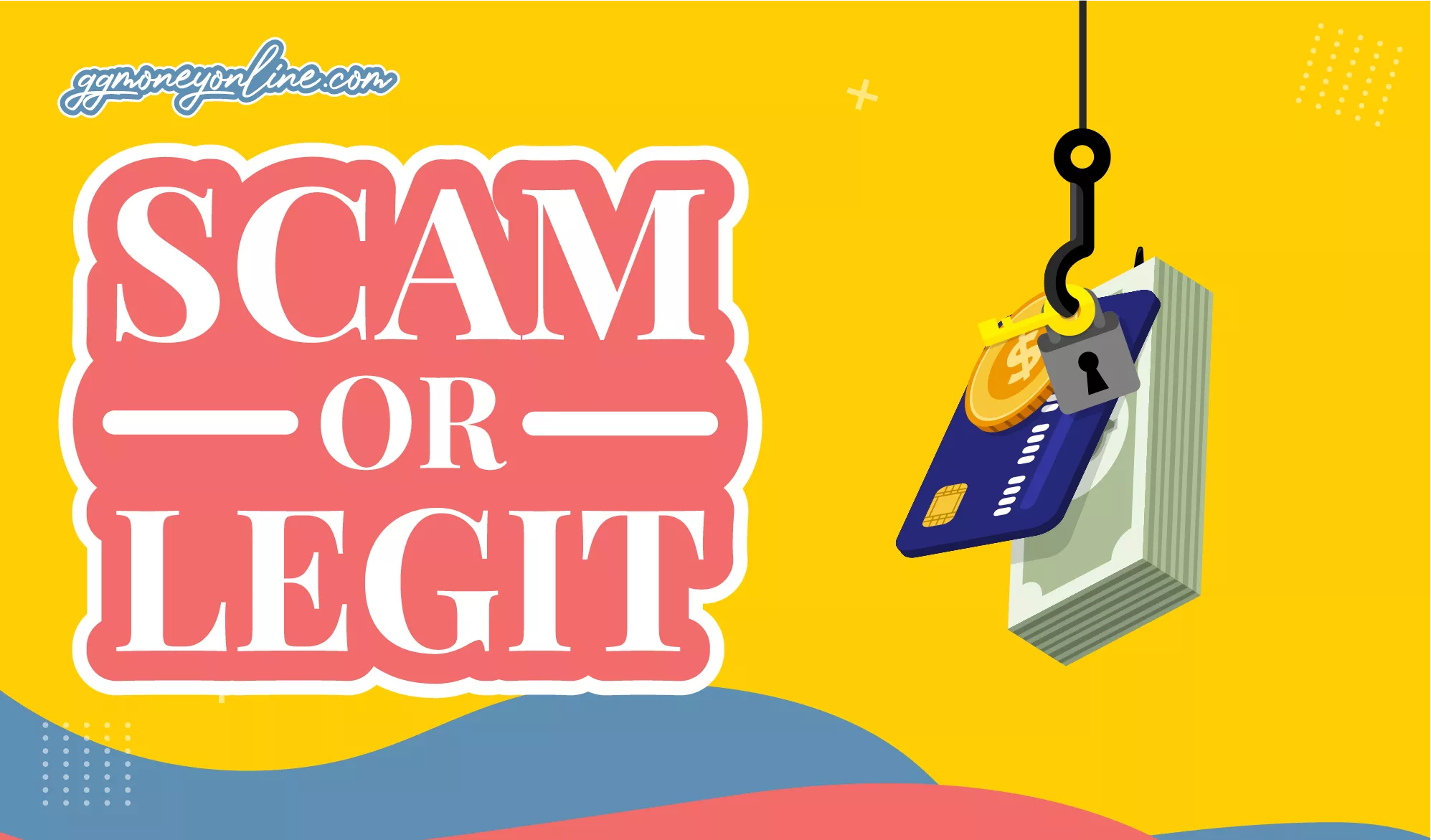
No, edX is not a Scam.
It is apparent that, despite the fact that this organization (and platform) is highly regarded and recognized among the leading providers of online learning services, there are still numerous areas for improvement. Every issue is avoidable, however, if you do your homework beforehand.
Overall, edX is a highly recommended online learning tool that may be used to enhance or acquire new abilities. It provides university-level courses, a range of features, and an extremely user-friendly interface.
Our #1 pick proves this. Because, unlike edX, it actually provides real proof of real success from real people as recently as a few days ago.
Is edX Legitimate?
edX is a well-established and legitimate online education platform. Massachusetts Institute of Technology and Harvard University founded it in 2012. (MIT). Over 20 million students have used the site. But, when it comes to building a business, you have plenty of options.
And even if you’re dead set on becoming an online course provider, you’ve got way better options than edX.
Keep in mind, We don’t get paid to promote any of the programs we review. We personally think an online course is a great business model, but you could end up leaving way too much money on the table.
What Is Our Top Recommendation For Making Money In 2024?
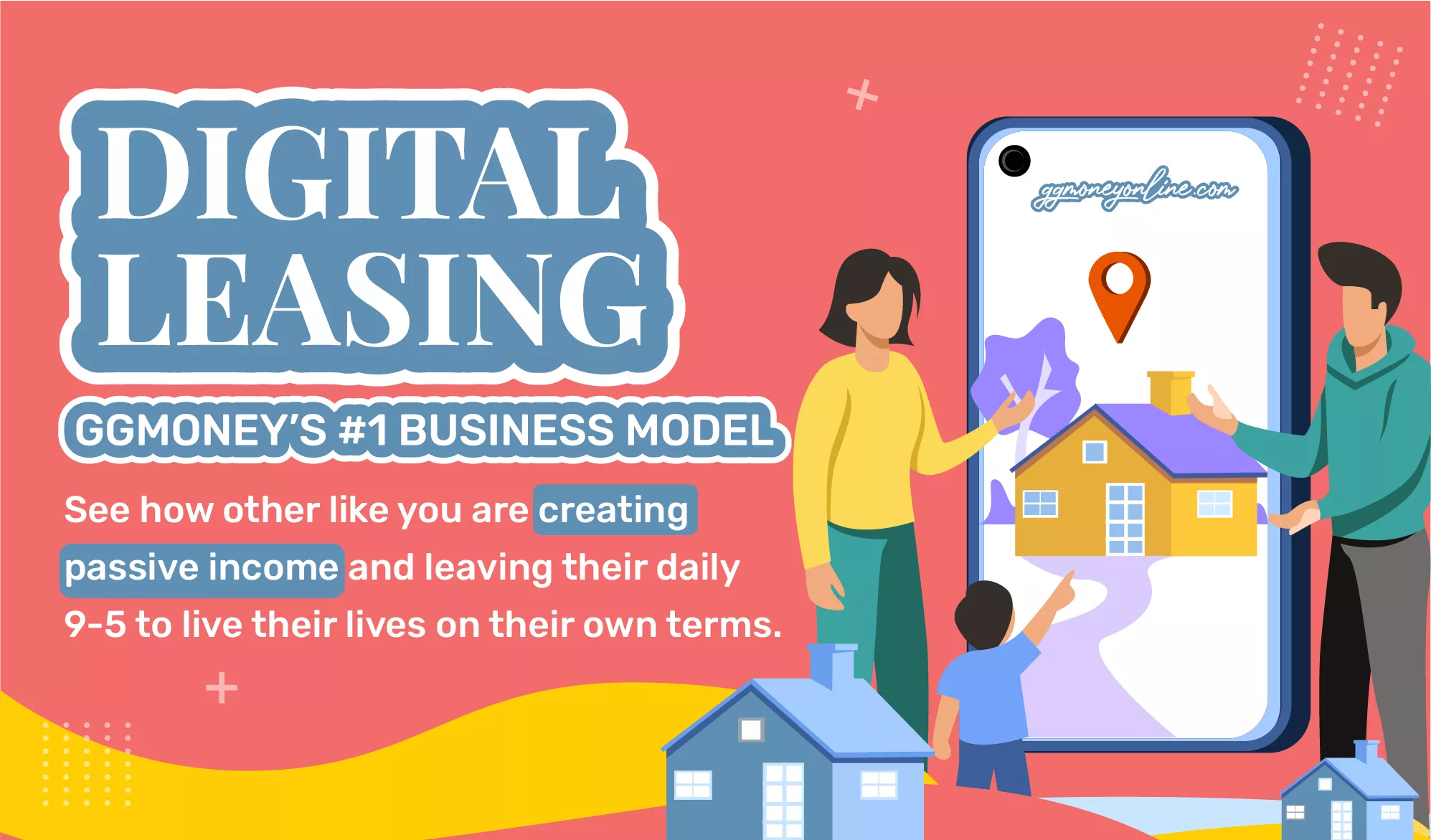
Our review team has come across a program in the real estate industry that is next level!
Although it’s not real estate in the traditional sense, it’s all digital
Yup, Digital Leasing!
Where edX falls short is in profitability.
You can’t realistically expect to be able to make any REAL passive income when you’re only bringing in maybe (average weekly earnings).
But what if you leverage it?
With this Digital Leasing program, you can have the ability to completely walk away from manual labor!
Sound too good to be true?
Of course it does!
But it isn’t…in fact, business owners wish they had this skill!
All you have to do is build and rank a website and forward the jobs off to a business owner in town, you could even email it to them!
This works for literally any service-based business, tree service, plumbing, towing, etc.
How do you get paid and how much?
Simple, after you forward the jobs off to a business owner and he makes some money off of them, you simply ask to make the deal beneficial for each other.
A fair price to charge per lead, depending on the industry is 10-20%…let’s just use the tree service industry for example and go by worst case scenario.
Let’s say you build and rank the site and only 20 jobs a month come in. The average tree service job is anywhere from $500-$2000!
That means at bare minimum you have an asset worth $1000 a month!
See why they call it Digital Leasing now? That’s a rent payment.
The great thing is how easy it is to scale. You don’t have to answer the phone…all you have to do is get the phone to ring.
Remember edX and all the small profit margins?
This one actually allows you to collect that without working in a brick-and-mortar business all day. Truly passive income!
The training program takes making money online to a whole other level. The owner of the program walks you through how to build and rank a site hand in hand, with the occasional voice over when he is sharing his screen.
You will learn the importance of keywords, website name, how to send call notifications via email, backlinking, etc.
Once the training program is completed you will also have access to a Facebook group where you can ask questions and be in a community with others on the same journey as you.
Unlike edX, where you have to keep trading your time for money over and over…. You can finally get on the financially-free side of life. A business will always want more leads and another job. In fact it doesn’t even matter that the job isn’t coming from their website name…they see it as it is…expanding Digital Leasing.
Unlike edX, more people have been able to become financially free as well.
Digital Leasing allows you to have passive income with most of your day being spent OUT of the brick and mortar landscape.
Now, I know you probably have tons of questions… So, check this out to learn more.


